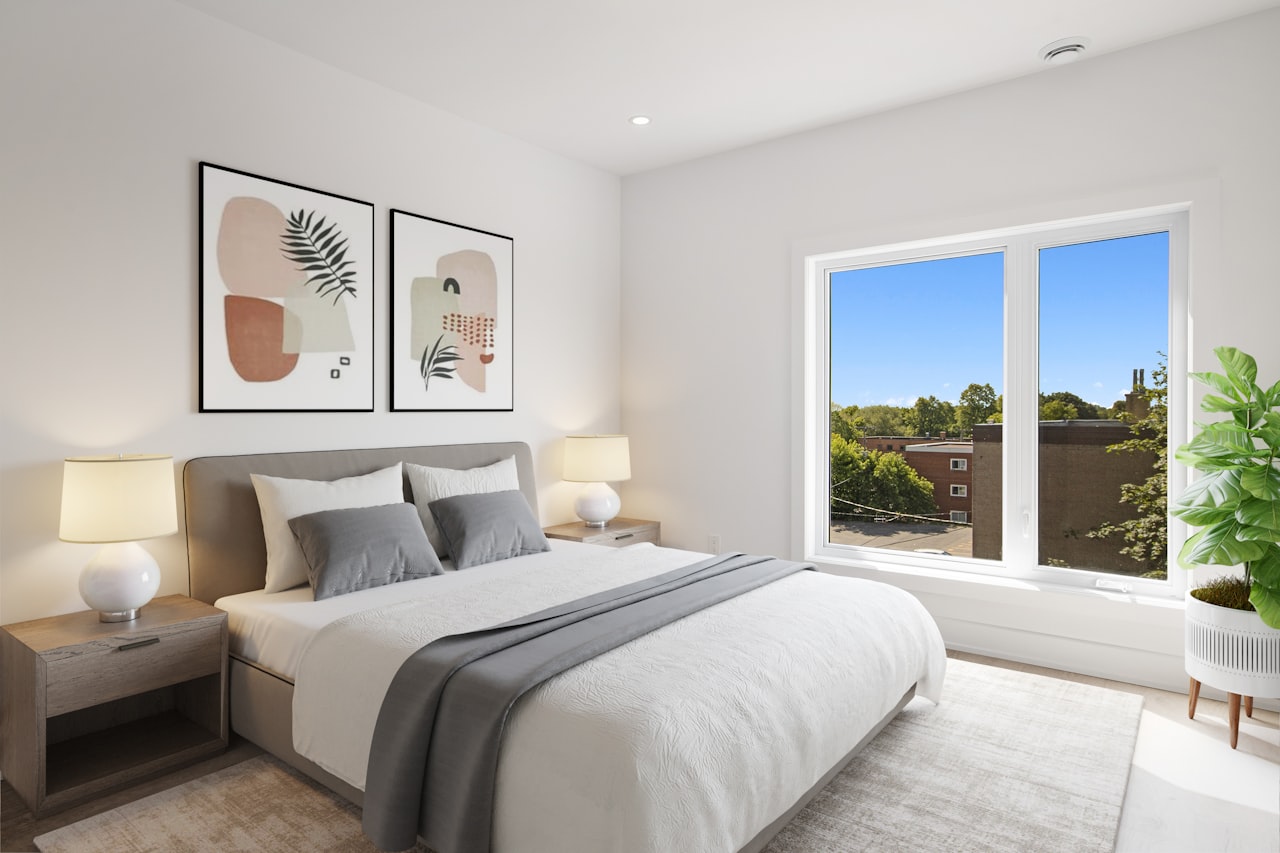Embarking on the journey to purchase a foreclosure in North Carolina can be both an exciting opportunity and a nuanced process. As the Tar Heel State boasts a diverse real estate market, navigating the intricacies of buying a foreclosed property requires a strategic approach. In this comprehensive guide, we will delve into the essential steps, considerations, and tips for prospective buyers eager to explore the realm of foreclosures in North Carolina. Whether you're a first-time homebuyer or a seasoned investor, this blog aims to be your trusted resource, providing valuable insights to help you successfully navigate the unique landscape of purchasing a foreclosure in the heart of the South. Let's unlock the secrets to securing a property that aligns with your goals and fits seamlessly into your North Carolina dream.
What is a foreclosed home?
Foreclosure is the legal process through which a borrower's home is repossessed when they fail to meet their financial obligations, primarily related to mortgage payments, taxes, or both. This occurs when a borrower defaults on their debt, leading to the property being seized to cover the outstanding amount. The term "foreclosure" encompasses various stages in this process, including pre-foreclosure, auction, and real estate owned (REO). Whether a property is on the brink of foreclosure or already in the possession of a lender, the term is commonly used to describe any phase within this comprehensive legal and financial undertaking.
How to buy a foreclosed home in North Carolina
To successfully navigate the intricate process of buying a foreclosed home in North Carolina, several crucial steps must be meticulously followed. Firstly, obtaining pre-approval for financing is paramount, with the type of financing contingent on the stage of foreclosure. Traditional financing is typically viable for pre-foreclosures and Real Estate Owned (REO) properties, emphasizing the need for a swift and well-prepared approach, especially in pre-foreclosure scenarios. However, financing options are generally unavailable at foreclosure auctions, where cash transactions or loans from private investors are prevalent. Securing the expertise of a knowledgeable North Carolina realtor specializing in foreclosures is the next key step. An experienced realtor not only aids in discovering prime opportunities but also safeguards against missed deadlines, title issues, and unforeseen expenses. Focusing on pre-foreclosures and REOs is recommended for those less versed in investment, offering a more conventional home sale experience with lower risk. In-person tours of foreclosed properties become crucial, allowing potential buyers to assess the condition firsthand, a luxury not afforded in auction scenarios. The subsequent steps involve submitting offers, which varies in intricacy based on the type of foreclosure, and conducting due diligence to unearth any physical or legal issues. For financed purchases, a home appraisal becomes a requisite to justify the investment to the lender. Finally, the closing process mirrors that of conventional homes, involving paperwork completion and payment at a title company. This comprehensive guide provides a strategic roadmap for prospective buyers, ensuring a well-informed and efficient journey through the complexities of purchasing a foreclosed property in North Carolina.
Pros and cons of buying a North Carolina foreclosure
Buying a foreclosed property in North Carolina comes with both advantages and drawbacks. On the positive side, foreclosed homes often present an opportunity for buyers to secure a property below market value. This potential cost savings can be especially appealing for investors or first-time homebuyers looking to maximize their budget. Additionally, the variety of financing options available for pre-foreclosures and REOs makes it feasible for a broad range of buyers to enter the market. However, the process is not without its challenges. Foreclosed properties are typically sold "as is," meaning that the buyer may inherit maintenance issues or unforeseen repairs. Additionally, the competitive nature of foreclosure auctions can result in bidding wars, potentially driving up the final purchase price. Due diligence is crucial, as these properties may have outstanding liens or title complications. Working with an experienced realtor with foreclosure expertise is essential to navigate these complexities and ensure a successful purchase in North Carolina's real estate market.
As we conclude this guide on buying a foreclosure in North Carolina, remember that while the journey may present its challenges, it also opens doors to exciting opportunities for homeownership and investment. Armed with the right knowledge and guidance, you can navigate the intricate process of purchasing a foreclosed property with confidence. Whether you're drawn to the potential cost savings, the chance to add value through renovations, or the thrill of participating in an auction, North Carolina's real estate market offers a diverse range of options. Keep in mind that working with a seasoned realtor specializing in foreclosures can make all the difference in ensuring a smooth and successful transaction. So, take these insights, embark on your home-buying adventure, and turn the key to a new chapter in your North Carolina homeownership journey.
Looking to purchase a foreclosed property in North Carolina? We can help, reach out today!




